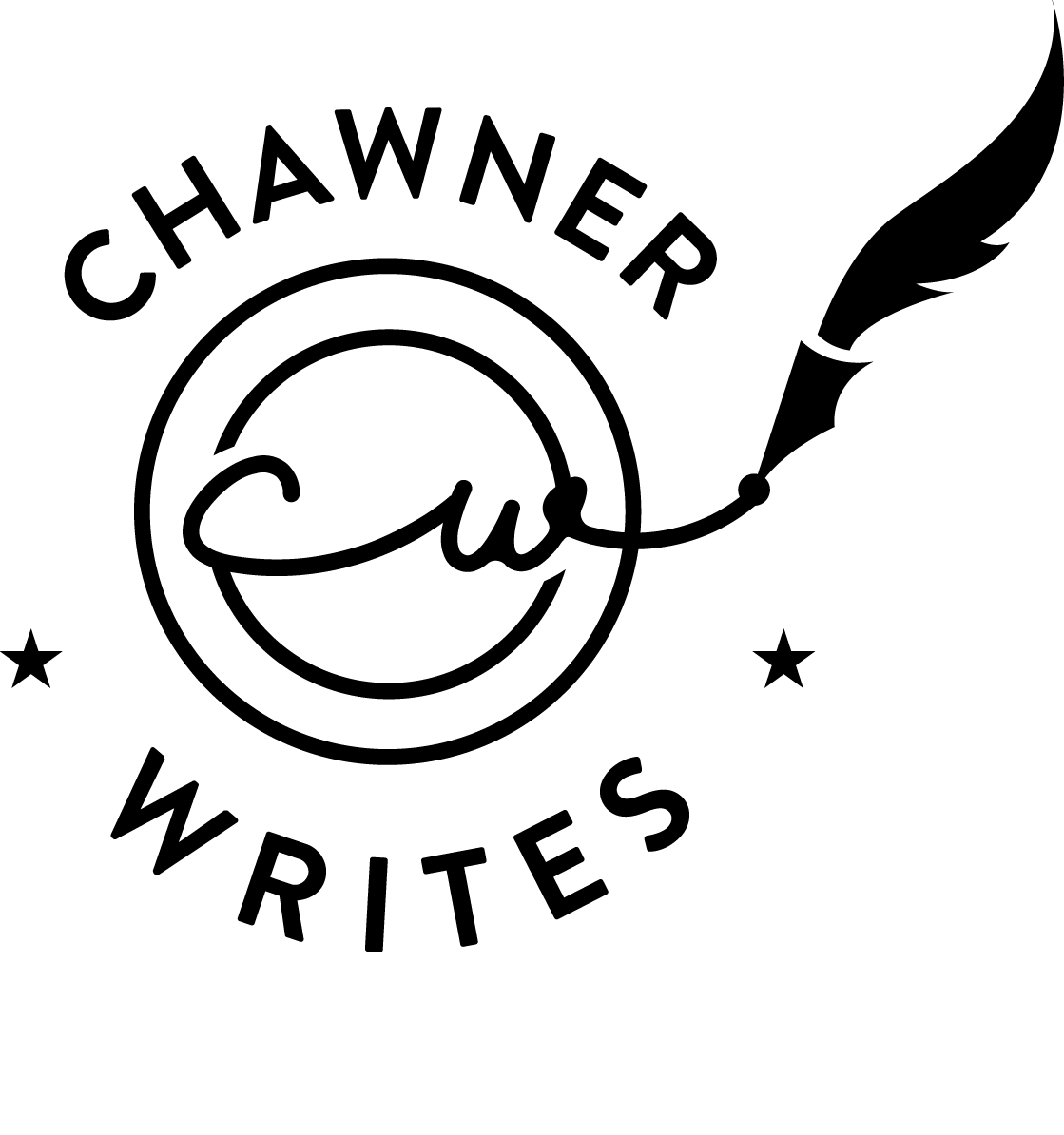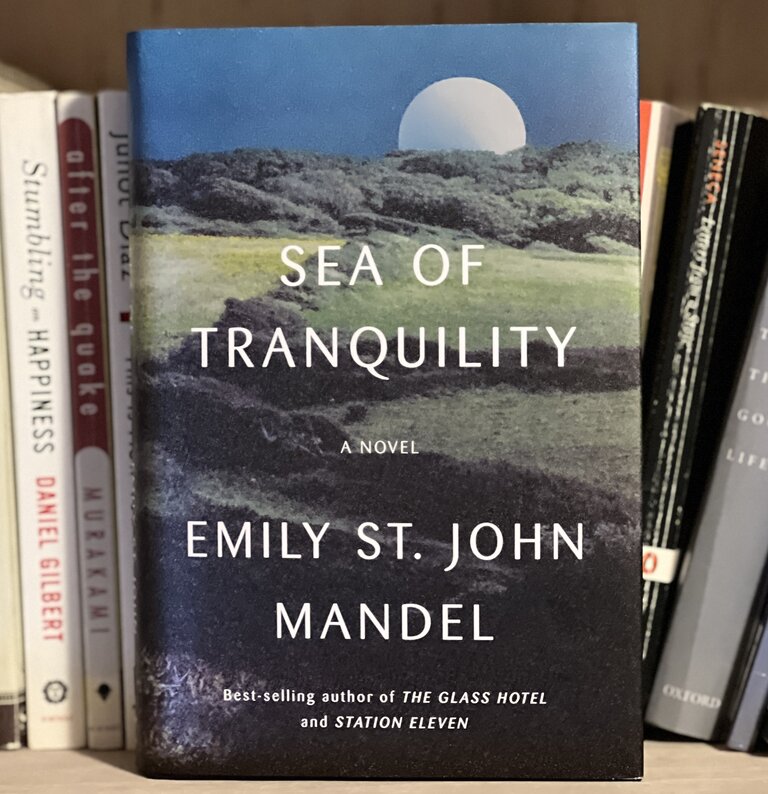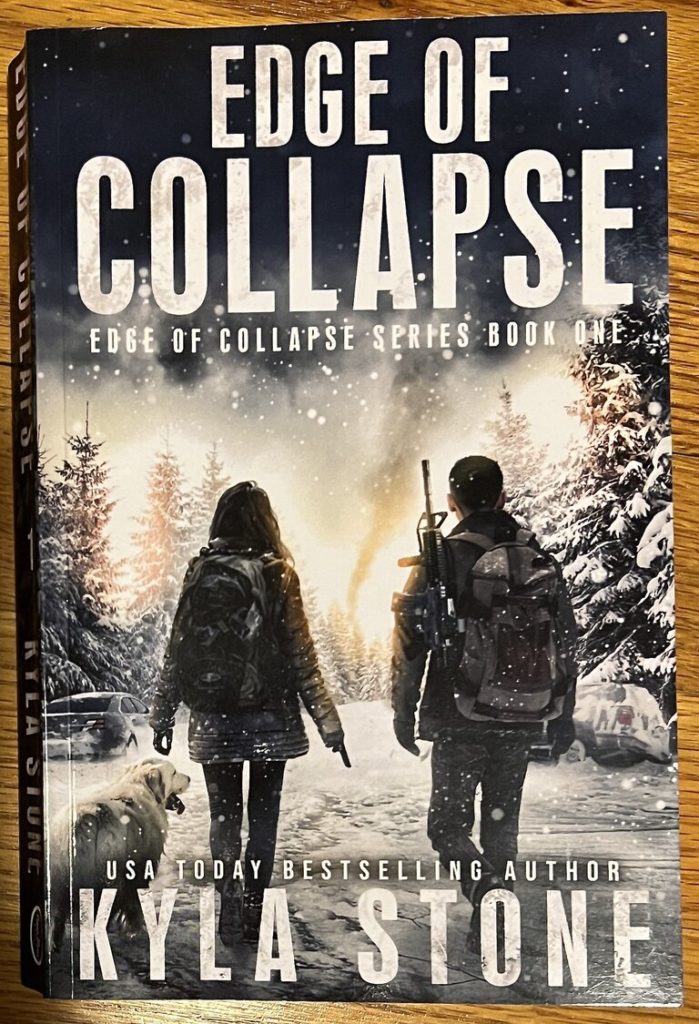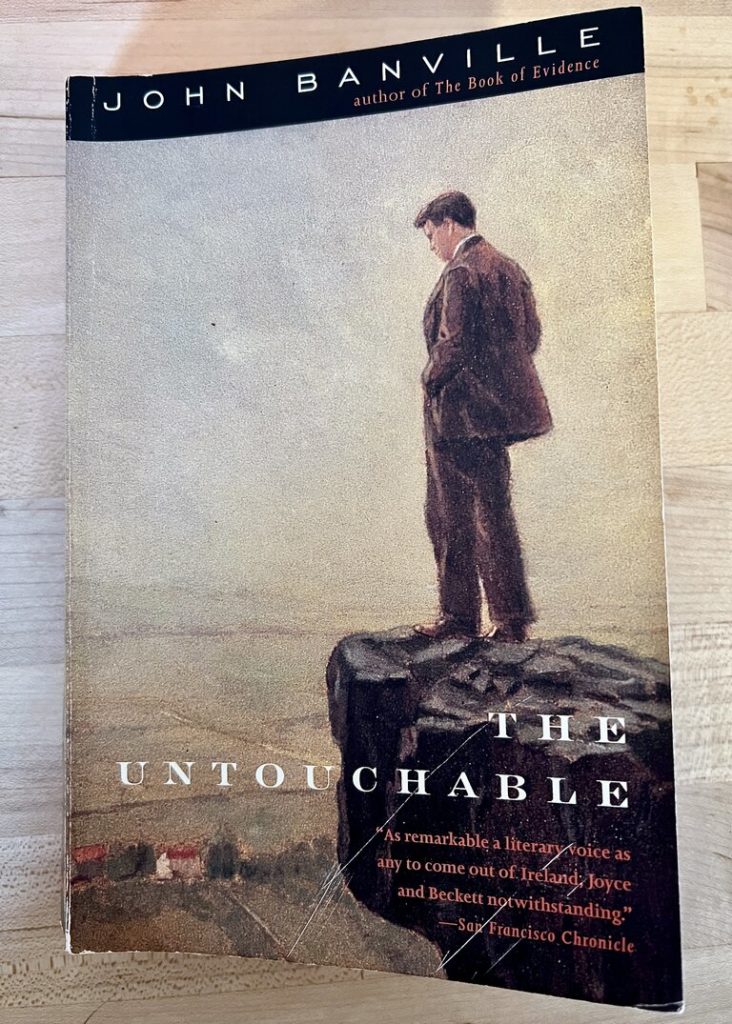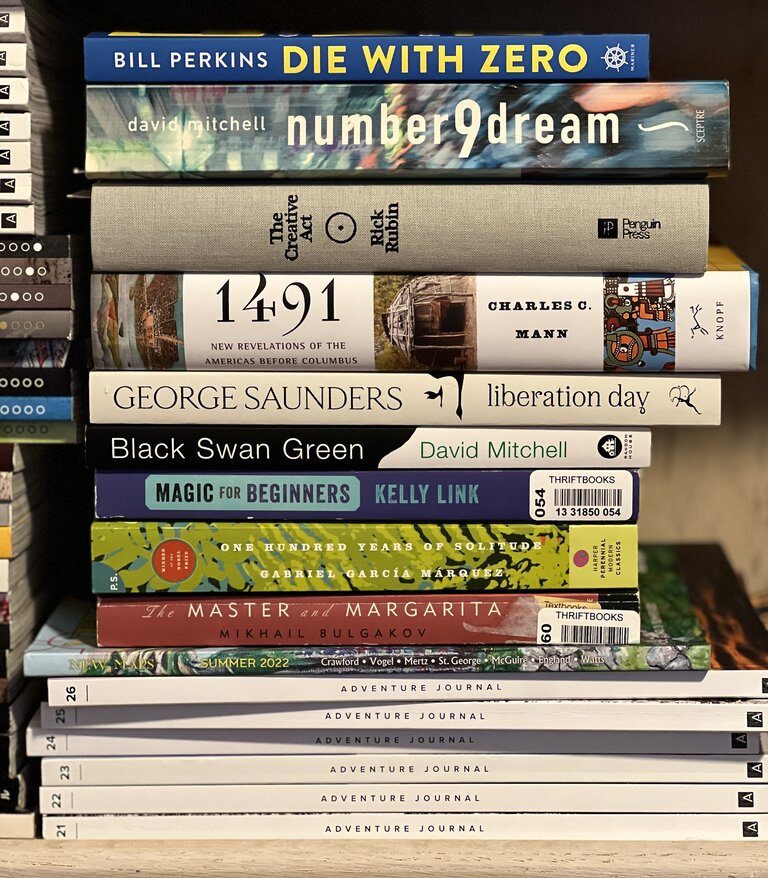
My last few posts were book reviews. I’ve been on a good run with interesting books and magazines. My to-read pile whittled down to just one book… luckily, I remedied this with some focused time on Amazon and a re-kindled wish to re-read books.
It started with Anna Karenina; to get through a book of its size and assumed (it wasn’t hard to read) difficulty, I set a regular cadence. Fifty pages each weekend day and seventy-five for the week. I hadn’t read like this before and the “forced” longer sessions allowed me to inhabit the headspace of the book.
I’ll be strategic with the re-reads. Without the desire to see what happens next, or how the story will end, I can notice how the author is unfurling the story. All the little hints, clues, oddities of characters, etc. missed on my first read… I enjoy the plot and story elements most of all, so I read to see how ends. I have re-reads in mind; authors I’ve mentioned repeatedly. I need to study their work.
Another driver for re-reads is the Re-watchables podcast. From The Ringer, the hosts take a movie they consider re-watchable (you see in on cable while flipping the channels and have to watch a few minutes) and discuss. Super entertaining. The part I’ve appreciated most are two of the regular co-hosts, Sean Fennessey and Chris Ryan, discuss the writing and directing. They are movie wonks and point out elements I hadn’t noticed, like the scoring or pacing. The elements essential to creating a great movie.
My current to-read pile is new books from George Saunders and David Mitchell (Mitchell’s book is older but new to me) and three books I started, recognized as good books but wasn’t “the right time” and abandoned. I read at least a third of these books and hopefully can notice more on this time around.
